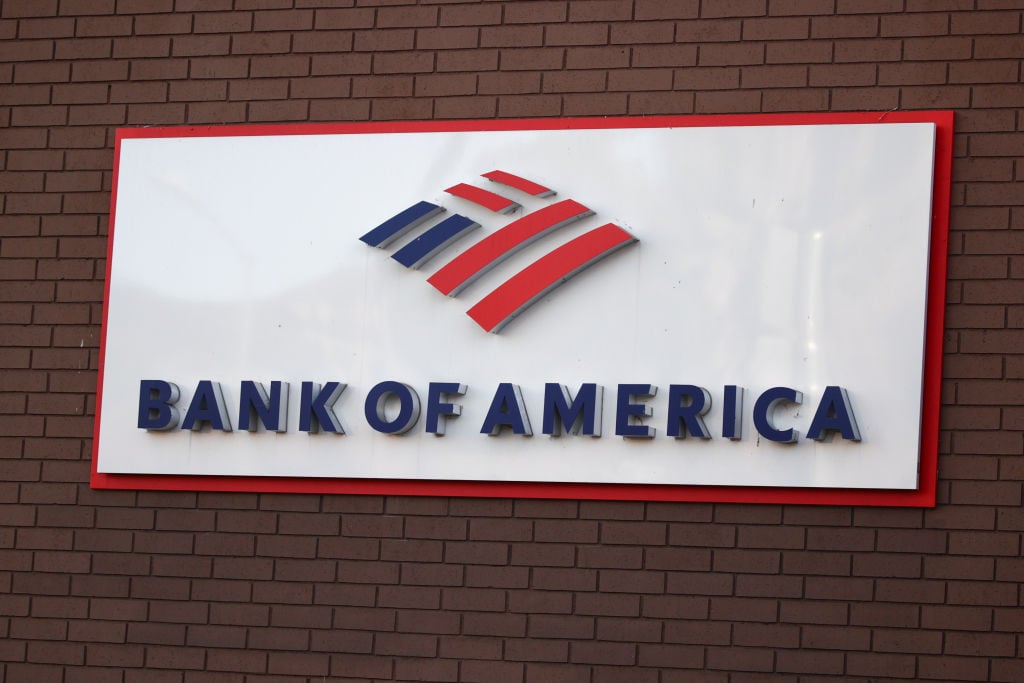When I first heard that Bank of America (NYSE: BAC) had proposed that Congress supply $739 billion to bail out the banking industry, I was indignant.
The banks had created the mess -- why shouldn't they fix it? Why would megabanks like Citibank (NYSE: C) and Merrill Lynch (NYSE: MER) need corporate welfare? After all, if I run up my credit card bill, the government's not about to bail me out.
I'm guessing that many of you reacted the same way. But after my initial ire, I started thinking about what a bailout would cost taxpayers -- and whether it would be worthwhile.
The true cost to taxpayers
By Merrill Lynch's estimates, the amount of outstanding loans on real estate nationwide exceeds the actual equity in those properties by about $800 billion. On that basis, what would it cost each average taxpayer to cover that gap? Dividing that total debt by the IRS's estimate of 135 million U.S. taxpayers, we get an average cost of $6,000 per person -- roughly 13% of the average citizen's annual income. I know I'd hesitate to part with that big a chunk of my money.
Most likely, the bailout will have to come from debt. We're already running a mammoth national debt, representing 65% of our GDP. Adding another $800 billion would increase that percentage to 71%. Still, when compared to the European Union's ratio of 69%, Italy's 105%, or Japan's 170%, that higher number sounds less dire.
Admittedly, $800 billion is a daunting sum -- but its bark is worse than its bite. I believe that the damage we'd do to the economy by not paying it exceeds any harm done by footing that bill. Do we want $800 billion to hold hostage a $14 trillion economy?
Why do we need a bailout?
I bet you're thinking, "Don't we live in a capitalist environment? The markets will correct themselves." After all, when tech stocks like Yahoo! (Nasdaq: YHOO) and Oracle (Nasdaq: ORCL) took a drastic drops in 2000-2001, the government offered no assistance.
Unfortunately, the banking sector is different. Bank failures reverberate through all sectors of an economy. For instance, we would need some institution to provide capital to effect a transition from economic recession to expansion. Without funding from banks, the cycle might last longer than it otherwise would.
Bank failures would affect you personally, too. Without a healthy, liquid banking system, who'd finance your next car loan, or help you line up a mortgage on a newly inexpensive home? And as the capital crunch makes its way to the overall economy, it could threaten your job security.
The ugly truth
A government bank bailout isn't a pleasant thought. I'm sure that such an action would need regulations, and among them, I'd include one that stipulates that loan originators be required to hold a significant percentage of those loans on their balance sheets. If banks and other financing entities retain a significant portion of the liability for real estate losses, they're more likely to do better at underwriting the properties at stake.
Banks need stringent, long-term regulations because bank failures inflict greater harm on the overall economy than do collapses in almost any other business sector. However, there's no failsafe way to prevent blunders such as the current credit crunch from happening again.
In the short term, a bailout is one of a few good options for solving this crisis. I'm willing to trade my tax money to stave off a potentially brutal recession.
Related Foolishness:





